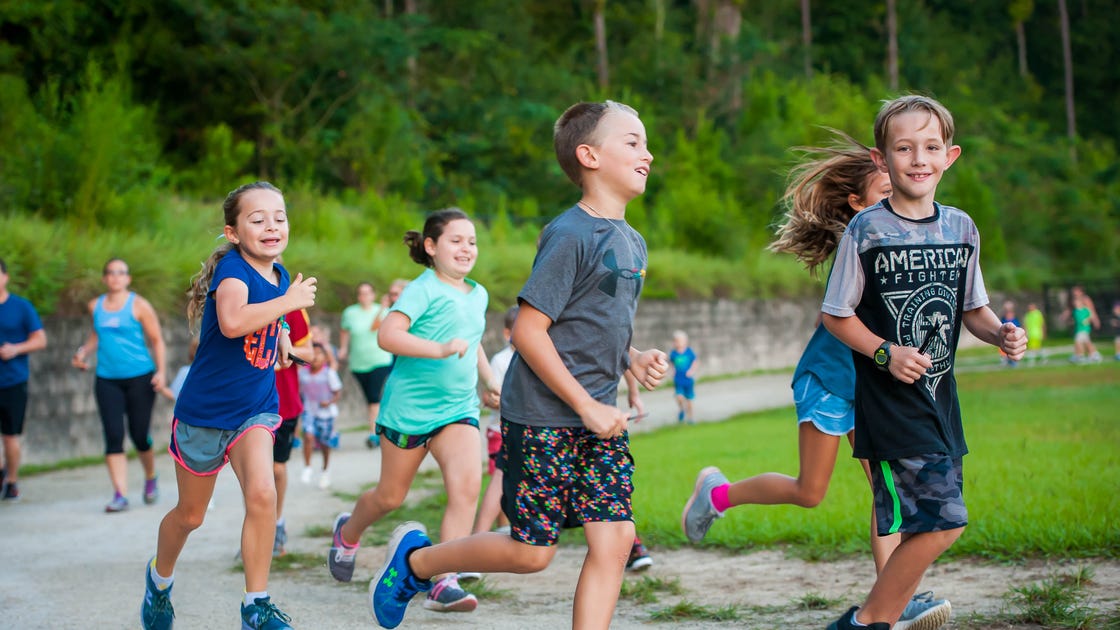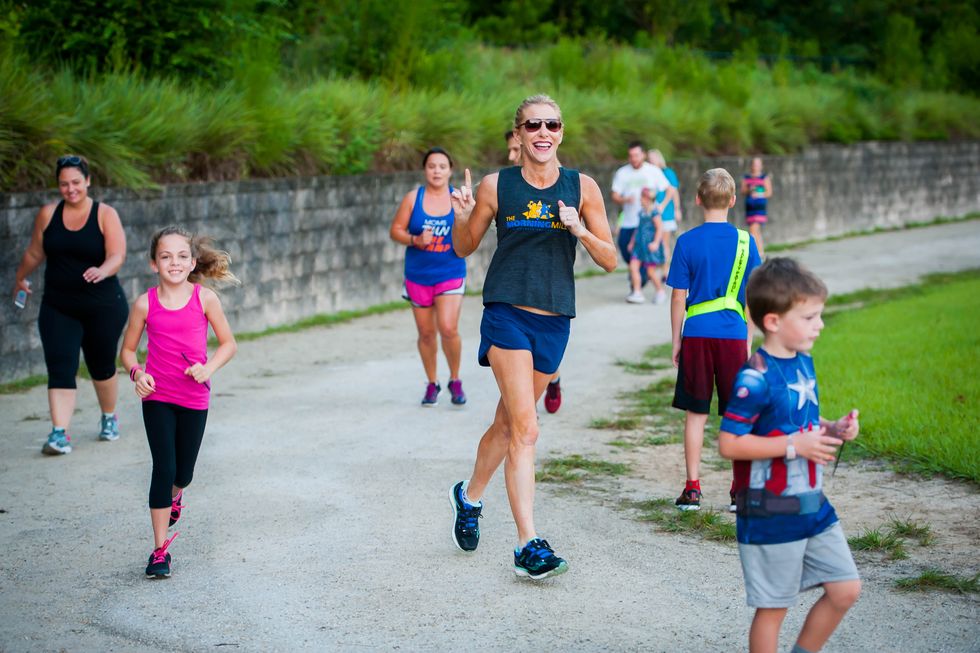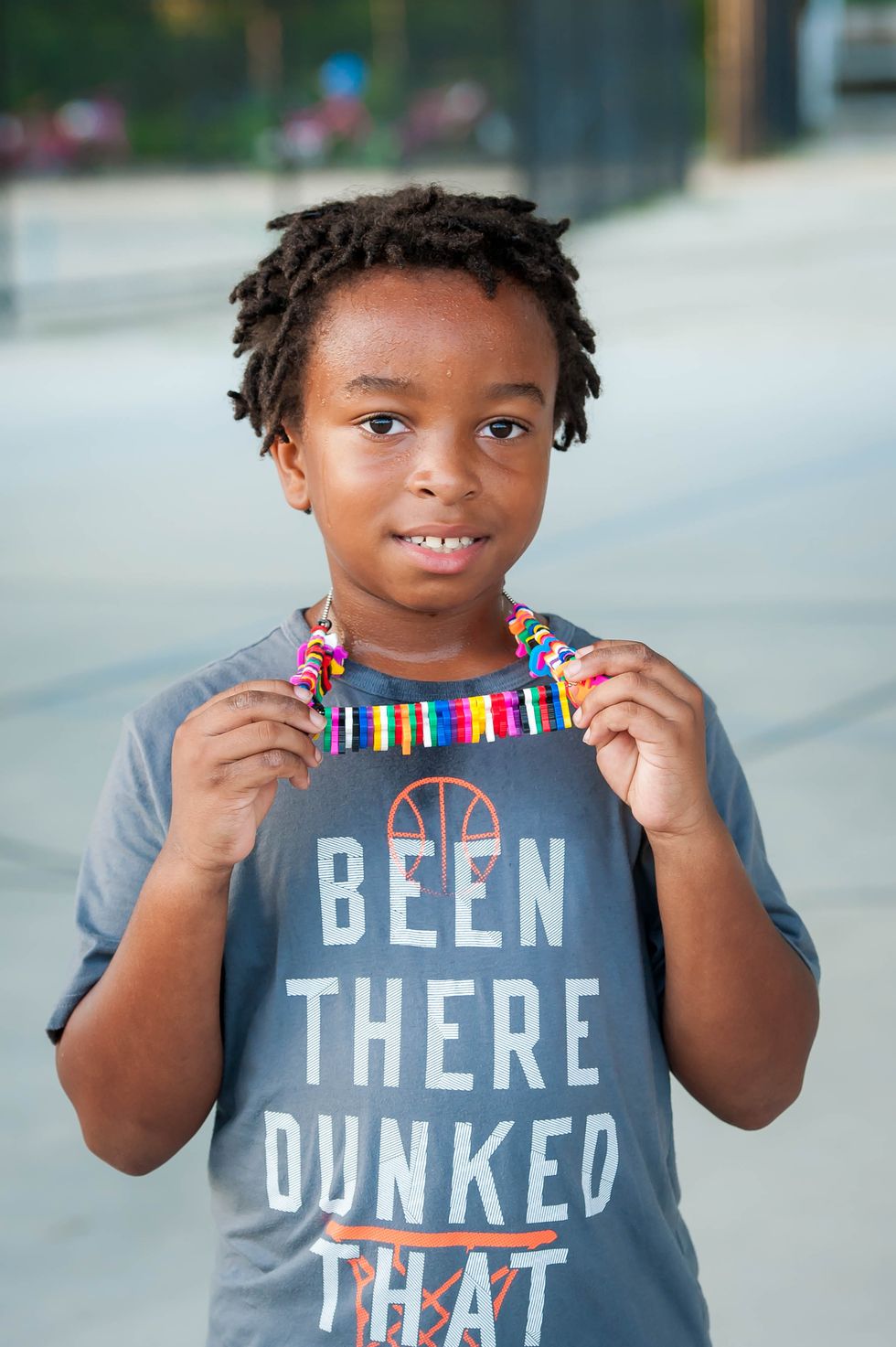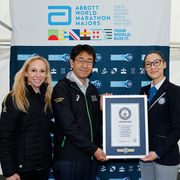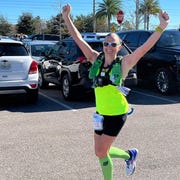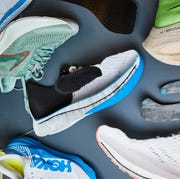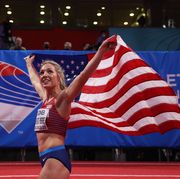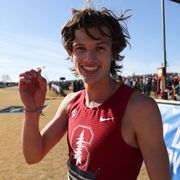Ashley Hamilton of Gainesville, Florida is only in sixth grade, but she already has a national championship to her name. In July, Hamilton won the girls 11-year-old 3,000 meters at the AAU Club National Championships in Orlando, and placed in two other events.
Now a serious runner with the Gainesville Striders track club, Hamilton got her start in running through the Morning Mile program at her elementary school.
Named for its slick alliteration, the Morning Mile (TMM) really has nothing to do with the one mile distance. It’s more about just getting moving: For 30 minutes before school, students run or walk laps around a track or other course, and earn rewards for their accomplishments.
It’s not the first program of its kind, but due to the tireless efforts of its founder, Fitz Koehler, and a streamlined best practices approach, it’s immensely popular in hundreds of schools and spreading rapidly.
[Inspired by the Morning Milers? The Big Book of Running for Beginners will take you through everything you need to know to get started, step by step.]
Koehler has been a fitness guru since the early 1990s, chiefly through her own company, Fitzness. In 2010, Koehler heard about a school run/walk program at a Gainesville school near where her children attended, and went to check it out.
“I wish my kids could do that,” Koehler remembers thinking. “Oh my gosh, I wish all kids could do that!” And TMM was born.
From Gainesville, TMM initially spread slowly, but received a huge publicity boost when Florida’s director of physical education plugged the program. Suddenly, Koehler was scrambling to accommodate hundreds of interested schools.
The Morning Mile is now in 350 schools in 20 states and several countries, and has added 100 schools in the past 12 months. “It grows rapidly,” Koehler says. “We plant seeds, and every time we start at a school, the schools around it say, ‘Wow, how do we do it too?’”
TMM has improved on previous iterations of the run/walk school program in several ways. First, music and the rewards charms are non-negotiable—they’re invaluable in keeping students going. Second, Koehler kept rewards for only every five miles and 100 miles, eschewing distances in between to make tracking easier with TMM’s custom software, the Mileage Master.
“That really gets them going, they love earning those charms,” says Brian Tribby, a a PE teacher at Gainesville’s Meadowbrook Elementary, a school with a thriving Morning Mile.
Koehler also focuses heavily on the culture. Every student is welcome to do as much or as little as they’d like, participation is purely voluntary, and no one can ever be late. The word “club” is also banned for its connotations of exclusivity. And friendly competition between friends, classrooms, and grades are encouraged.
She must be doing something right: According to Koehler, TMM schools average 65 to 97 percent participation from their student bodies, and examples of exceptional students, grades, and schools abound. Most mornings when Tribby arrives to start the music, more than a dozen students are already waiting on the track.
“As soon as they start running, you can hear them laughing and calling to each other,” Tribby says. “They love running; getting them to slow down is the trick.”
Another strength of TMM is how little is needed: just necklaces, plastic charms, outdoor speakers, donated time for coordinators, any kind of runnable loop, and maintenance costs for the tracking software. But to cover costs the program does incur, Koehler works to find sponsors for each school, which can range from health-focused corporations to enthusiastic local businesses. Under Armour, for example, recently launched a campaignthrough its MapMyRun community that will fund new TMM schools in several major cities.
Tribby can’t say enough good things about the program. Participants consistently test higher in fitness tests. Their running ability improves, they’re physically at school (and out of trouble) longer, they learn how to set goals, make progress, and compete in a healthy way.
“There are just so many positives with the Morning Mile, it’s ridiculous,” he says. “You’d be silly not to do it.”
As TMM veterans such as Hamilton grow older, Koehler hopes to see a pattern of success driven at least in part by their morning running experiences. “I expect to see some of my Morning Milers in the Olympics one day,” she says. “I believe they’re learning the habits to give them the discipline and focus to be CEOs and academic scholars.”
For all her success so far, Koehler still isn't satisfied. From the start, she’s dreamed of 100 percent saturation in American schools. “Anything short of reaching everybody will be a dramatic failure for me,” Koehler says. “I want them all.”
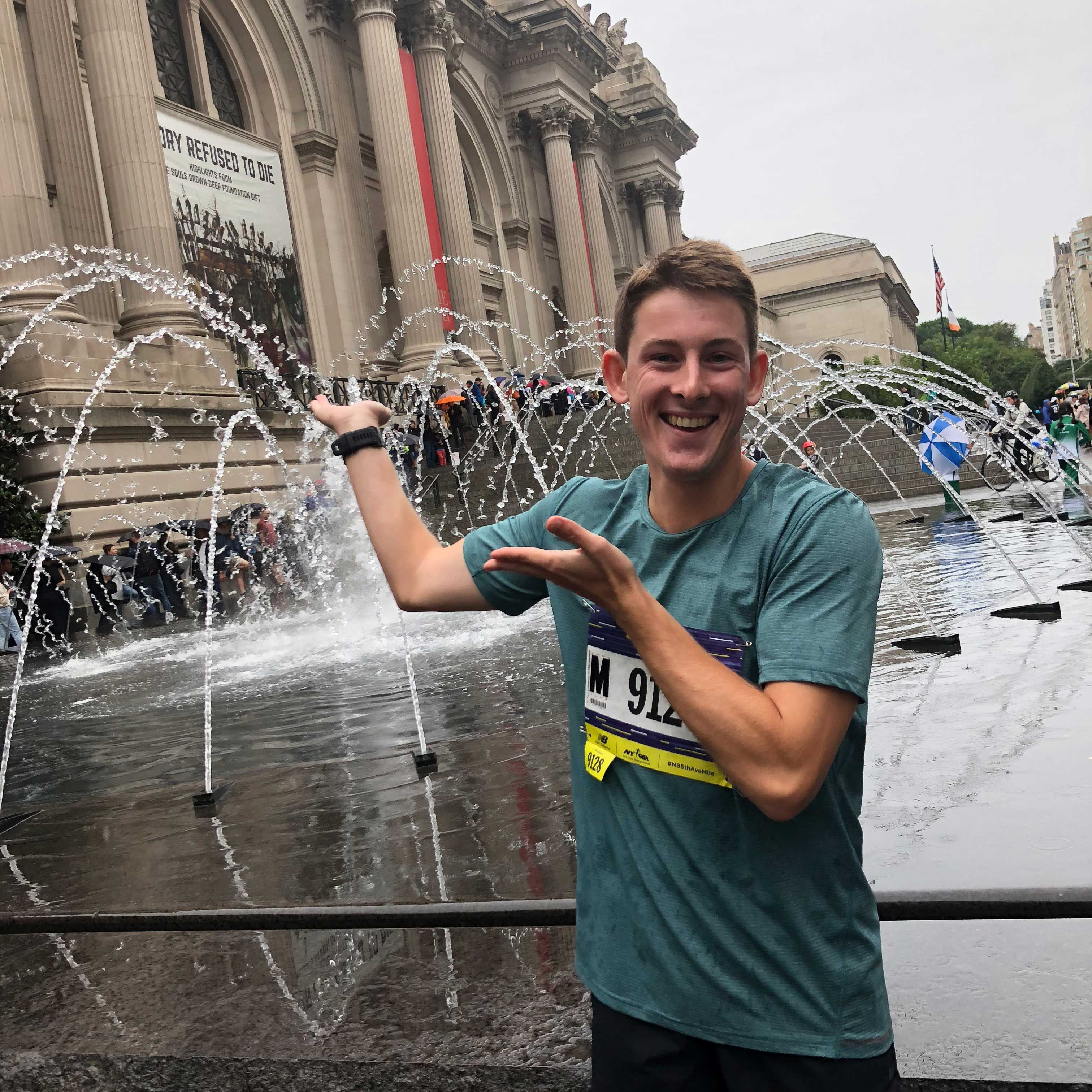
Jacob joined Runner’s World and Bicycling as an editorial fellow after graduating from Northwestern University in 2018, where he studied journalism. His work focuses mainly on news and service pieces for both audiences, with the occasional foray into longer feature work and product reviews. He especially loves to highlight the journeys of unique runners and riders doing amazing things in their communities.
